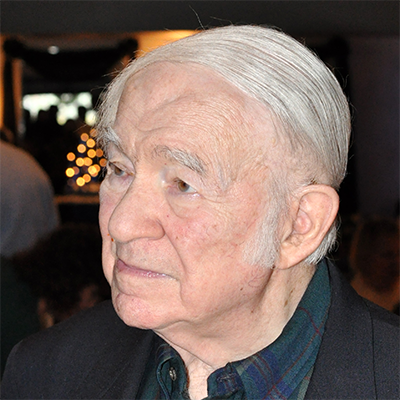 Tarawa
Tarawa
Invasion 1943
All the small lives, grieving, grieving,
in the multitudinous caverns of coral
are not mourned by their mother, the sea.
The Pacific has bred them for this hour at dawn
when the dead waters hiss and roll into life.
All the millions of minute breaths
that have ended for the coral reef,
the reef that justifies itself
for this single hour at Tarawa,
as if the coral had formed
these thousand years
for just this single hour and day;
as if the coral had waited
these million million hours
washed by the waves
waiting for us to come
with outstretched hands
for these hard shores.
Now the great flukes of the ocean
toss and thrash at our backs;
with the long beaches before us
we long for the safety of ships at sea.
But, all the tiny, skeletal curls,
fused and forced into form—
delicate yet hard, sharp as knives—
cut through the blue water;
pink hands clutching the ocean's throat;
tearing the ocean's skin.
Transports roll with the swells at sea;
their tired sailors dream of the fine French girls
dancing tattoos on New Caledonia
and swell to high peaks
with a peacock love
in their deep, damp sleep,
while we in the landing craft
yearn for the island.
The long thunder of warships
darkens the dawn sky,
caresses the palm tree jungles
beyond the beach and ends,
after whispers, with earthquake passion,
making the island's body bruise.
We lie on the lips of the coral,
our bones one with the calcified lives,
making the reef come alive;
red bones raw, never to bleach,
never to be washed white again;
to make our union with the working sea;
to fix our destiny with the coral reef.
We come as lovers come,
to use our bodies like ripe fruit;
and the coral's arms caress us
and the coral's hands pull
at our sea-combed hair;
and the coral's sharp fingers
mark us as her own,
clutch our soft bodies
to her hard breasts;
and like a woman who fears
her lover will leave
to return no more,
kills us with her sharp love.








